

エコ意識の高い旅行の拡大は、人々が世界を探検する方法を再定義しており、日本はこの変革の最前線にいます。持続可能性への献身、自然との調和、技術革新で知られる日本は、旅行者に多くのエコフレンドリーな宿泊施設を提供しています。
その 日本のホテル 業界は、エネルギー消費の削減、グリーンスペースの導入、観光をより持続可能にするための地域プロジェクトへの関与において先陣を切っています。
エコフレンドリーなホテルは、エネルギー消費の削減、食べ物の廃棄物の最小化、車両の排出量の制限に焦点を当てています。これらのホテルは、通常、LEDライトを使用し、生分解性のバスアメニティを提供し、IHGのグリーンエンゲージシステムのようなプログラムに参加して、その環境への影響を監視および改善します。
日本の高級感、快適さ、持続可能性をシームレスに融合させ、環境を意識したホスピタリティの新しい基準を設定するトップ10のエコフレンドリーホテルを見つけてください。1. 無印良品ホテル 銀座
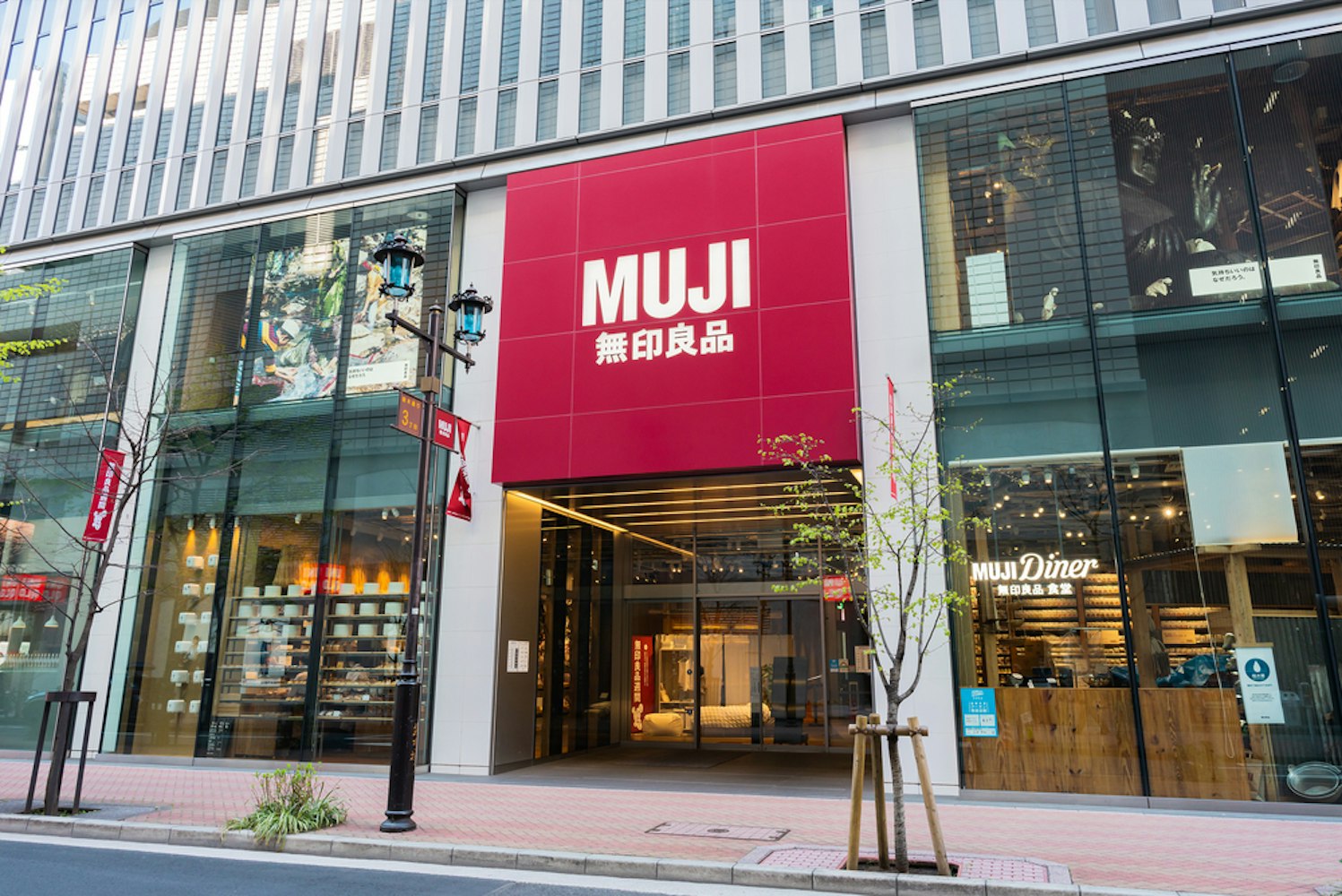
は、ミニマリストの美学とエコフレンドリーなコミットメントのユニークなブレンドを提供しています。このホテルは、洗練された銀座地区に位置し、JR渋谷駅などの人気の交通ハブに便利に近接しています。料金は約1泊200ドルから。この物件は、伝統的な日本のデザインを反映し、エネルギー効率の良い照明とエコフレンドリーな家電を通じて持続可能性を強調しています。ホテルは、日常生活にエコ意識を統合するための持続可能性に関するゲスト教育プログラムも導入しています。価格
:1泊約200ドル
場所:高級銀座地区、JR渋谷駅近く
持続可能性の特徴:
エネルギー効率の良い照明エコフレンドリーな家電
日常生活における持続可能性に関するゲスト教育
2. マンダリンオリエンタル東京 (ラグジュアリーと持続可能性の融合)
1泊500ドルから、東京のマンダリンオリエンタルは

銀座に滞在する方に最適です!

で持続可能性を真剣に受け止めるライフスタイルホテルです。日本文化と商業のハブである賑やかな日本橋地区に位置し、ホテルはエビアンの植樹プログラムに参加しています。また、食事サービスには季節の野菜を調達することに焦点を当てています。ゲストは、電気自動車の充電ステーションを利用でき、ラグジュアリーと持続可能性が共存していることを示しています。価格
:1泊500ドルから
場所:日本文化に富む日本橋地区
持続可能性の特徴:
エビアンの植樹プログラムへの参加季節の野菜の地元調達
電気自動車の充電ステーション
3. ANAインターコンチネンタル東京
料金は1泊250ドルから、ANAインターコンチネンタル東京は賑やかな
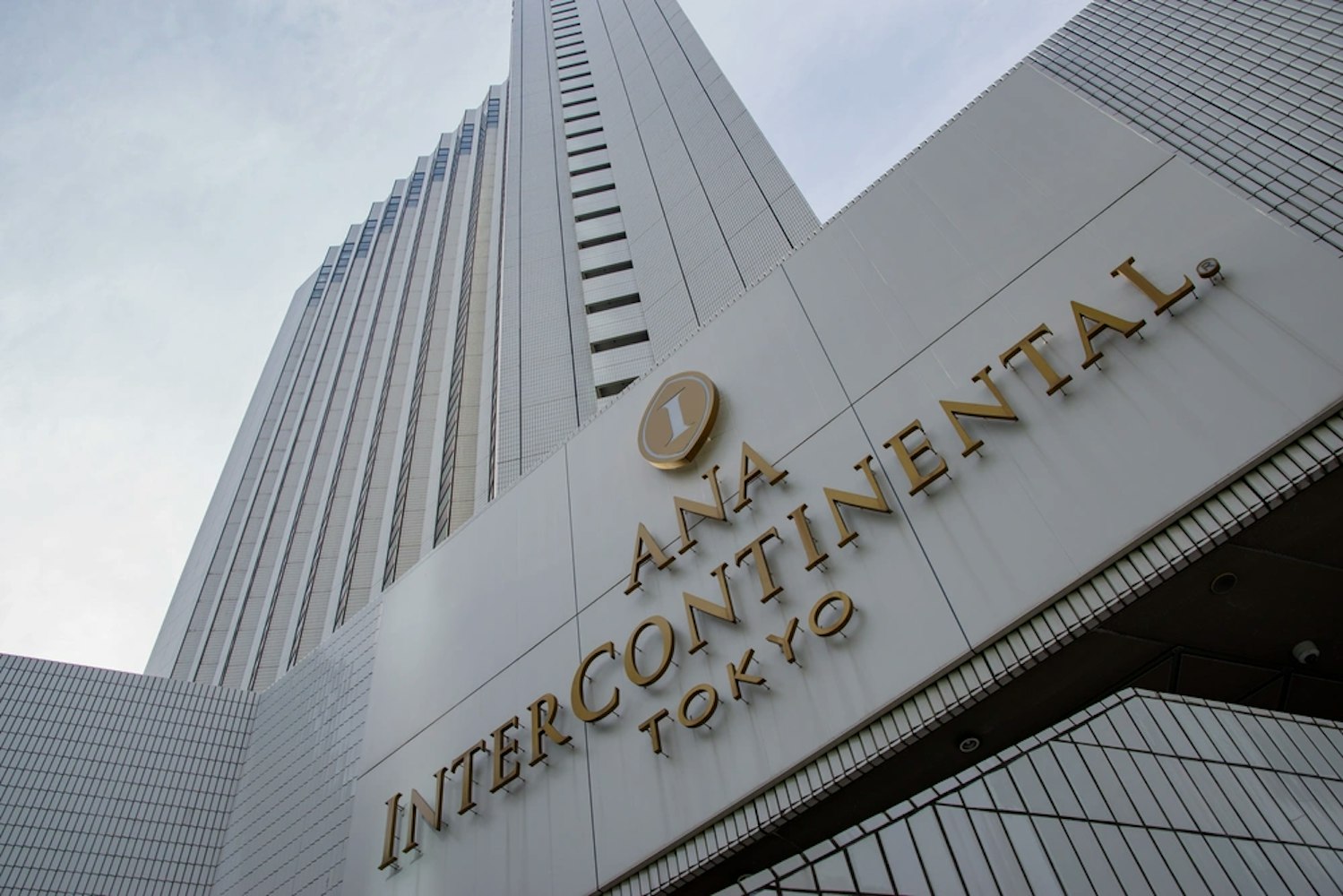
地区にあります。グローバルなインターコンチネンタルホテルズグループの一部として、ホテルはIHGグリーンエンゲージシステムを利用して、環境への影響を常に監視および改善しています。エネルギー効率の良い照明と水の節約装置を利用して、ポジティブな環境への影響を作り出しています。スタッフは持続可能な実践について訓練されており、ホテルのエコフレンドリーへのコミットメントを強化しています。価格
:1泊250ドルから
場所:賑やかな赤坂地区に
持続可能性の特徴:
環境監視のためにグリーンエンゲージシステムを利用エネルギー効率の良い照明と水の節約装置
持続可能な実践についてのスタッフ訓練
4. 星のや軽井沢
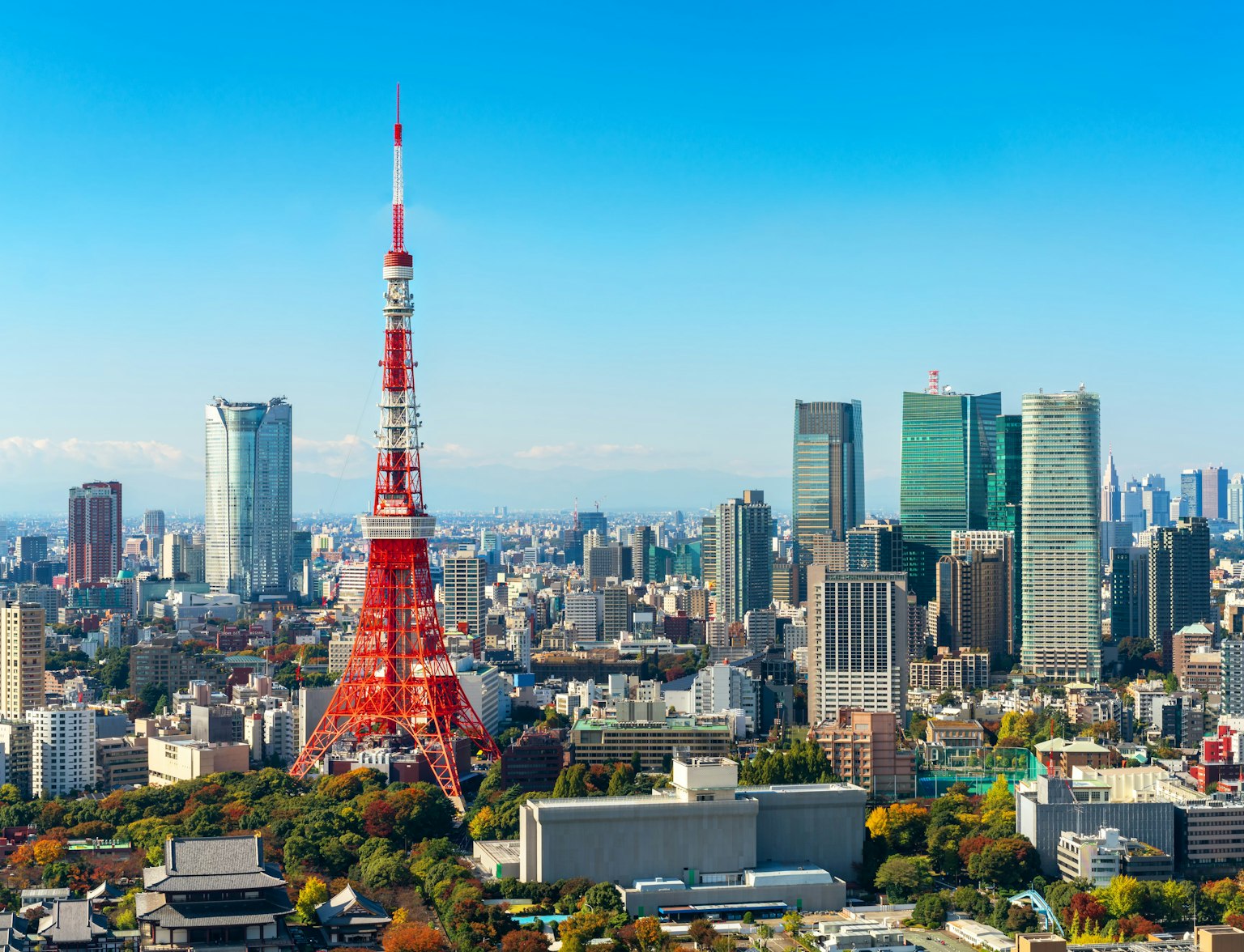
チャーター車で東京の名所を探索しましょう。
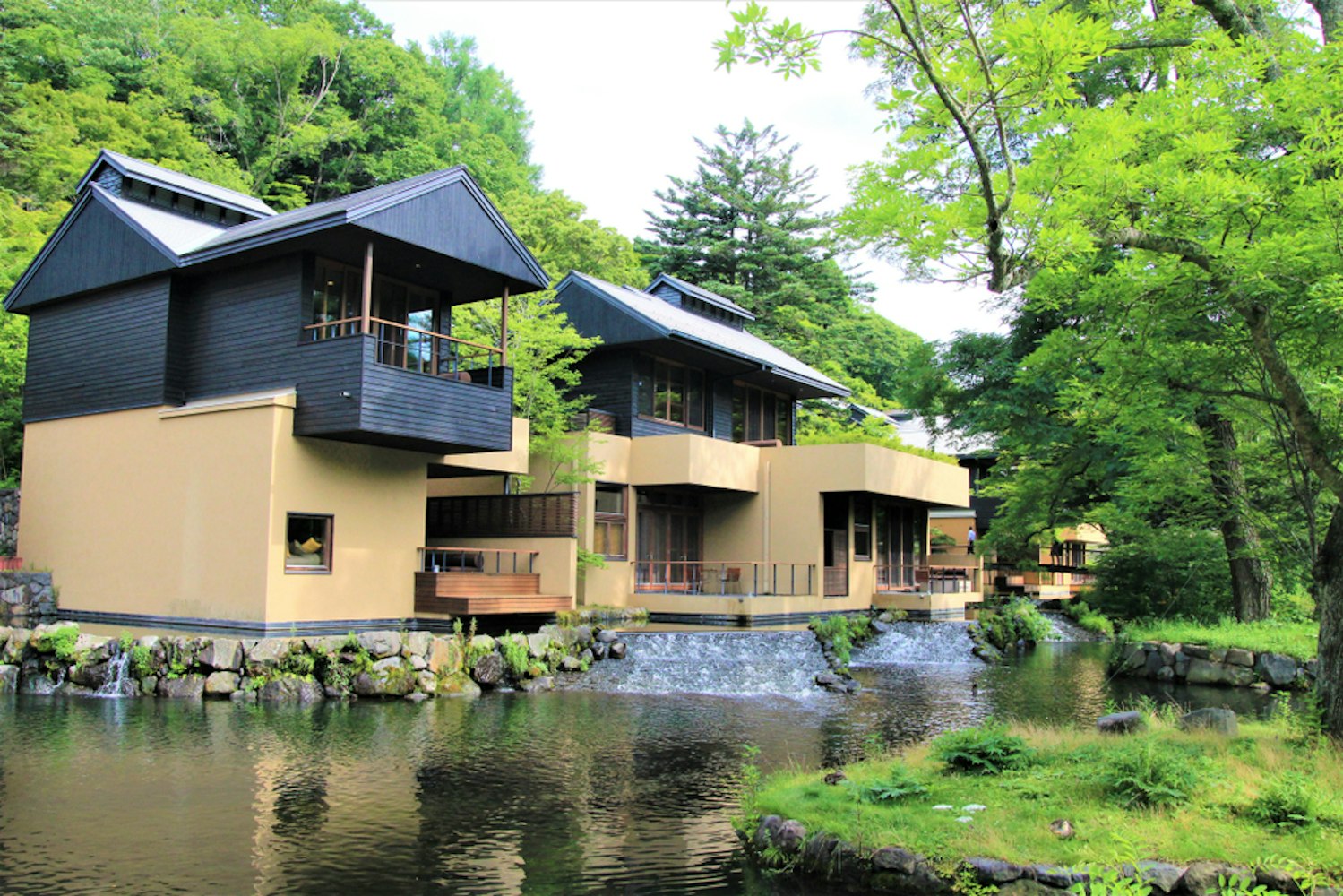
は、約500ドルからの料金で、比類のないエコフレンドリーなラグジュアリー体験を提供しています。美しい軽井沢エリアに位置するこのホテルは、自然と調和したリトリートを提供し、リラクゼーションとエコ意識の高いアメニティを兼ね備えています。リゾートは、地元の温泉からの地熱エネルギーを暖房に利用し、従来のエネルギー消費を削減しています。これは、軽井沢の自然環境と調和するためのホテルのより広範な戦略の一環であり、ゲストに持続可能な体験を提供しています。食材やその他の素材は可能な限り地元から調達され、カーボンフットプリントをさらに減らし、ゲストにユニークで本物の体験を提供します。環境へのコミットメントを損なうことなくラグジュアリーに浸りたいのであれば、星のや軽井沢は完璧なブレンドを提供します。
価格
:約500ドルから
場所:自然の美しさで知られる軽井沢地域に位置
持続可能性の特徴:
暖房に地熱エネルギーを利用食材や素材の地元調達
周囲の自然環境との調和を強調
5. 品川プリンスホテル
約150ドルからの料金で、品川プリンスホテルは、予算に優しい体験とエコロジーへの責任を組み合わせて提供しています。重要な交通駅に近く、旅行者に便利で、温泉や露天風呂へのゲートウェイです。

6. ルネッサンス沖縄リゾート
ルネッサンス沖縄リゾートは、エコフレンドリーなイニシアティブとシームレスに融合したラグジュアリーなトロピカルゲットウェイを旅行者に提供します。料金は約250ドルからで、さまざまな予算に応じたオプションを提供しています。
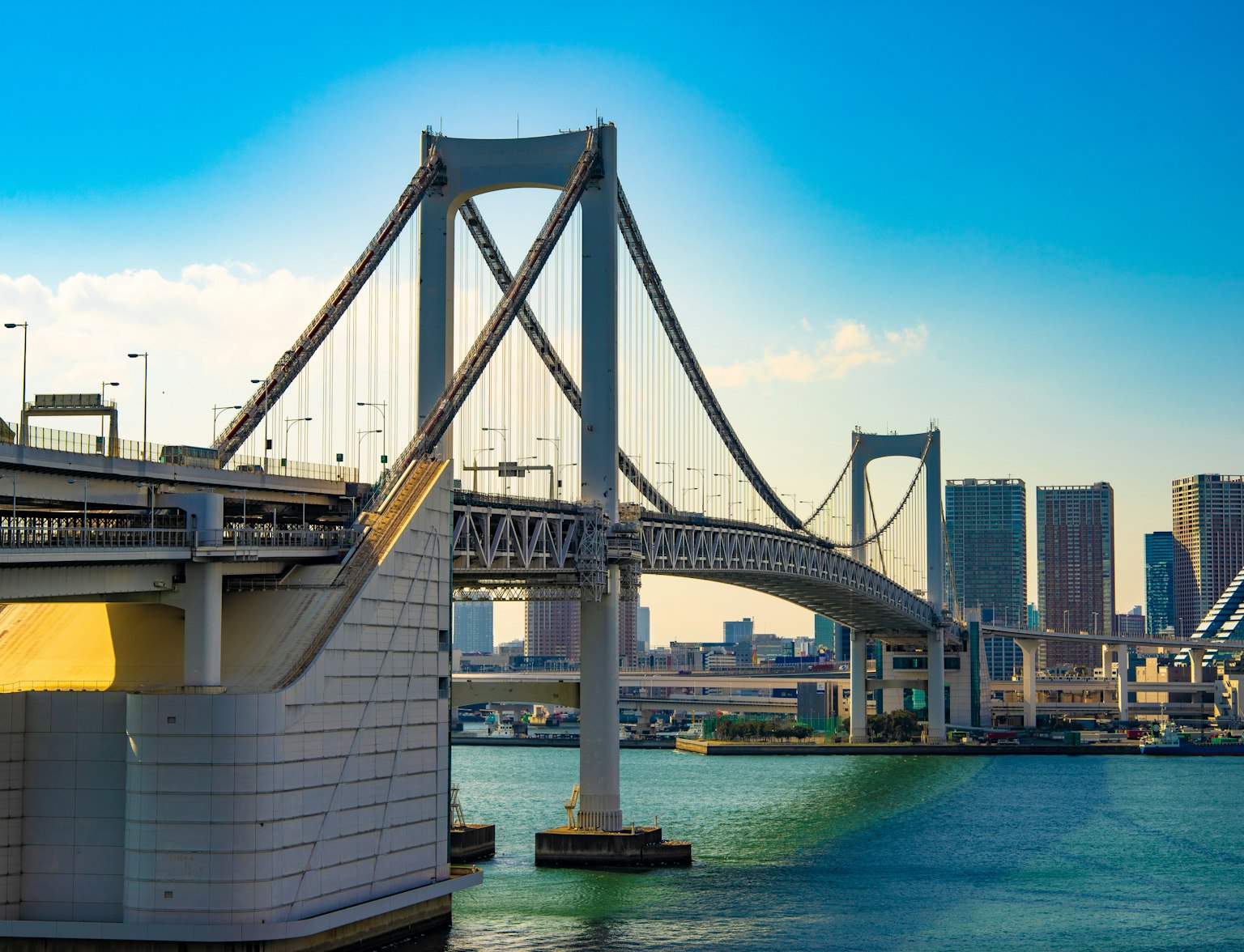
広々としたエアコン付きのコーチの快適さから、東京の魔法を一日で発見しましょう。

定義
:エコ意識を重視したトロピカルラグジュアリーリゾート。料金:約250ドルから。
場所:沖縄に位置し、ビーチフロントアクセスを提供。
持続可能性の特徴エネルギー消費の削減
有機で地元調達された食材の提供7. グランドプリンスホテル高輪
グランドプリンスホテル高輪は、伝統的な日本のデザインと現代の持続可能性を融合させています。料金は1泊200ドルから始まり、エコ意識の高い理念に沿った手頃な価格を提供しています。東京の中心に位置し、ホテルは便利で日本文化に深く根ざしています。美しい日本庭園という形でグリーンスペースを特徴としており、廃棄物削減やその他の持続可能なプラクティスへのコミットメントを示しています。定義
:持続可能な生活に焦点を当てた伝統的な日本のデザインを融合させたホテル。
料金
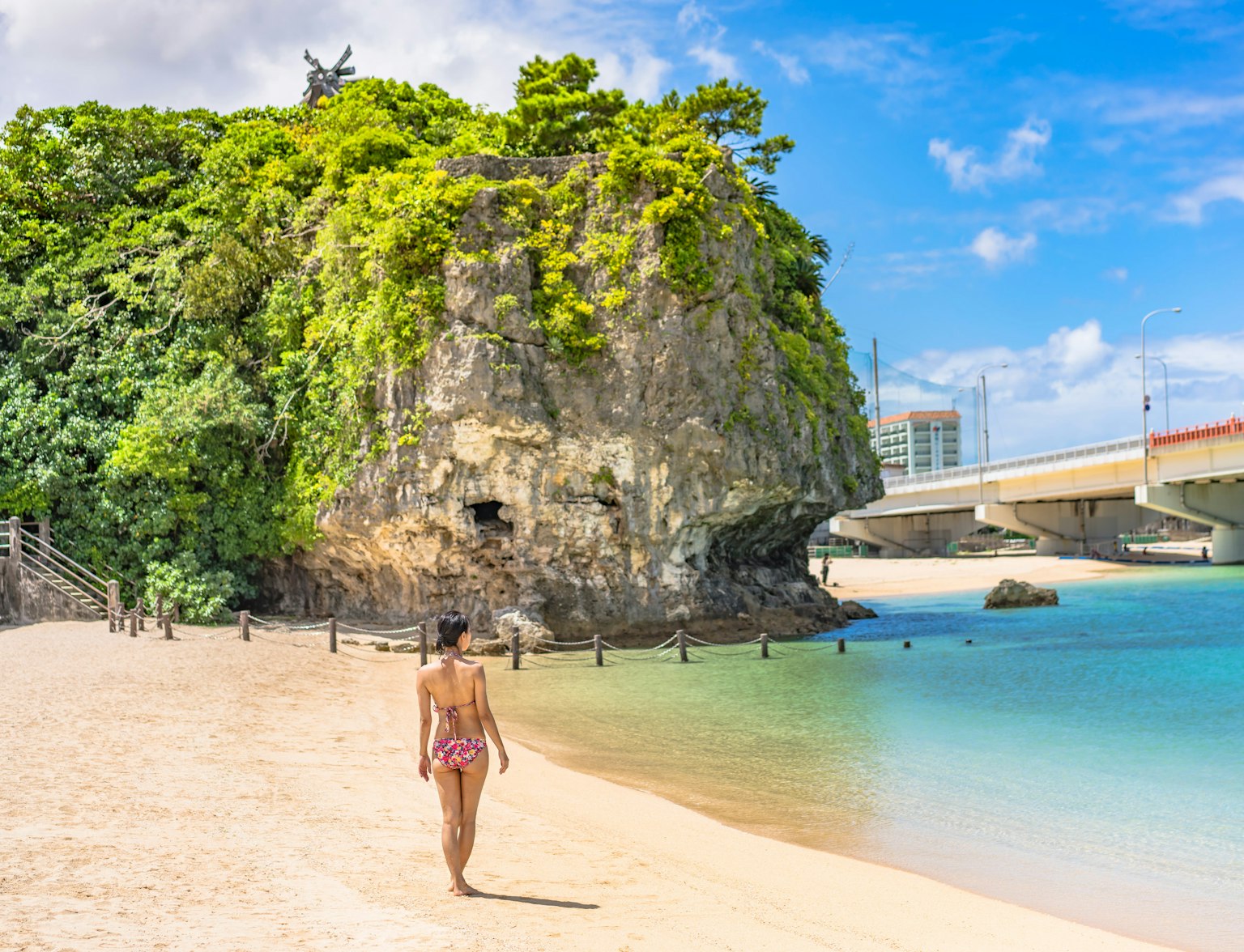
あなたのために特別に作られたプライベートツアーで、あなたの方法で沖縄を探索しましょう。
場所
:東京の中心部、交通機関に近接。持続可能性:廃棄物削減に取り組む美しい日本庭園を持つ。
8. ホテル椿山荘東京
ホテル椿山荘東京は、地球に優しいことを重視した高級な体験を提供しています。料金は約300ドルからで、持続可能な原則に従ったラグジュアリーを提供しています。
東京の中心に位置するこのホテルは、豊かな庭園に広がる広大なグリーンスペースで際立っています。エコフレンドリーな素材の使用と水の浄化システムが持続可能性の要となっています。料金
:300ドルから。場所
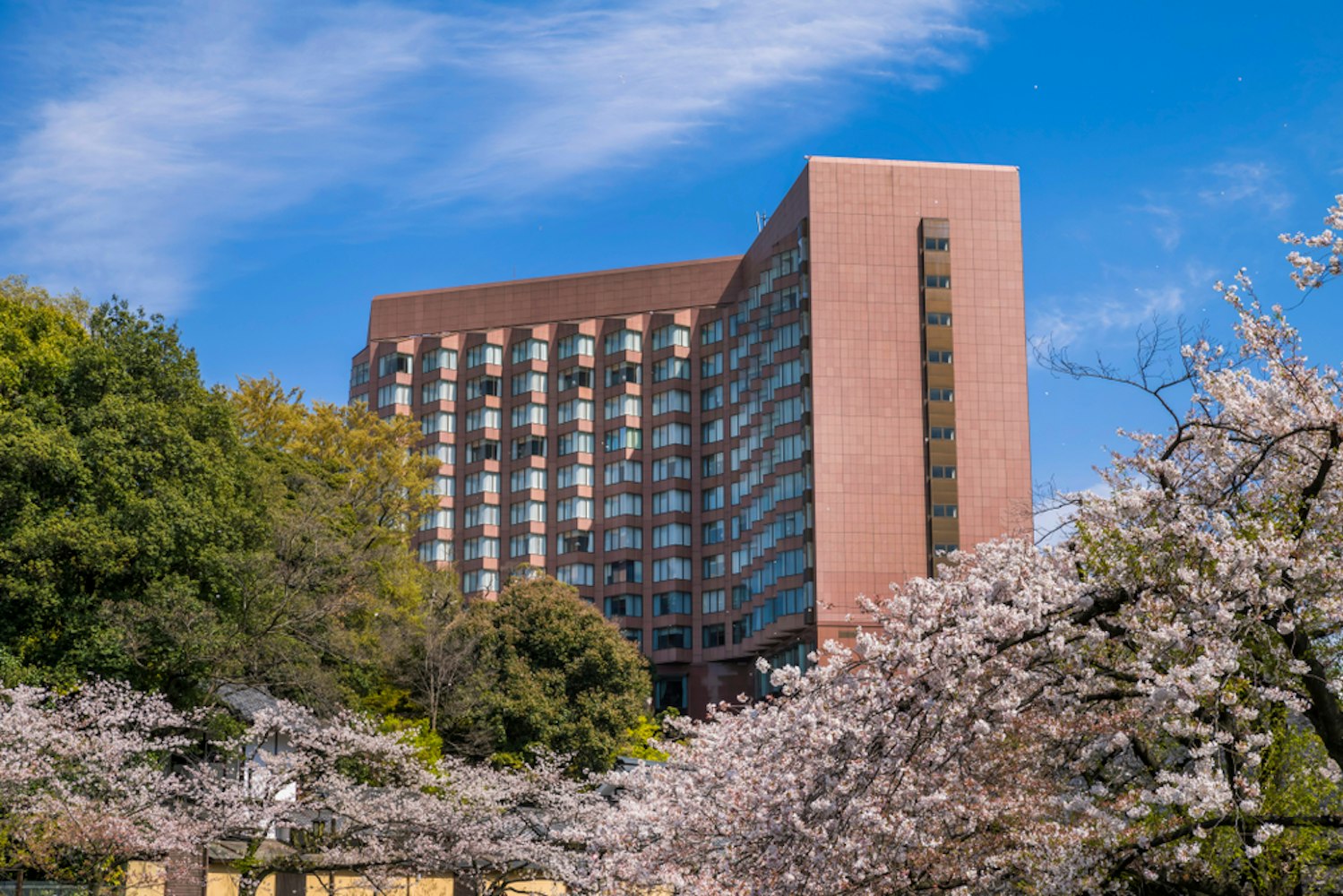
持続可能性:エコフレンドリーな素材を使用し、水の浄化システムを運営。9. アンダーズ東京 – ハイアットのコンセプト
アンダーズ東京
は、単なるラグジュアリーホテルではなく、持続可能性のリーダーでもあり、環境への影響を最小限に抑えた高級な体験を提供しています。料金は約350ドルからで、廃棄物削減の取り組みを重視するホテルをサポートできます。東京の賑やかな虎ノ門地区に位置し、アンダーズホテルは都市のハイライトへの便利なアクセスを提供しています。エコフレンドリーなプラクティスへのコミットメントには、インテリアデザインにリサイクル素材を使用し、包括的な廃棄物管理システムが含まれています。
料金:約350ドルから。
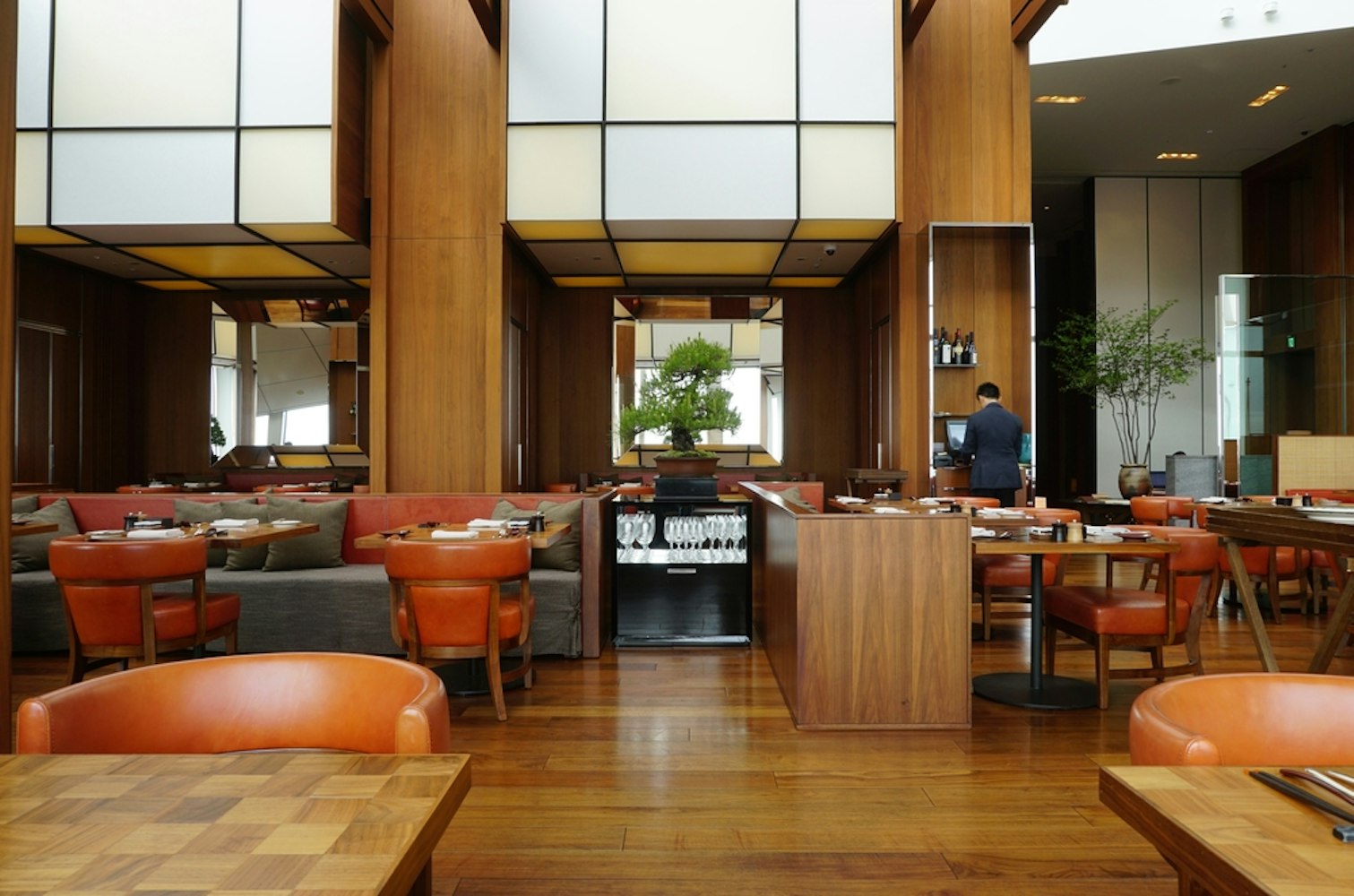
:東京の虎ノ門地区に位置。持続可能性 の特徴
リサイクル素材を取り入れています
包括的な廃棄物管理システムがあります。10. トランクホテル
トランクホテルは、単なる宿泊施設ではなく、エコ意識の高い旅行者のためのコミュニティのハブです。このホテルは運営のあらゆる側面に持続可能性を織り込み、単に快適な滞在を超えた体験を提供しています。料金は約300ドルからで、プレミアムでありながら環境に配慮した選択肢となっています。活気ある地区に位置するトランクホテルは、ブティックショッピングや多様な地元の文化体験へのアクセスを旅行者に提供しています。ホテルは地域の持続可能性プロジェクトに積極的に参加し、環境へのコミットメントを強調しています。
ラグジュアリー、快適さ、またはエコフレンドリーな価値観に合った場所を探しているなら、トランクホテルはすべての条件を満たしています。価格:約300ドルから
場所
:活気ある地区に位置し、ブティックの
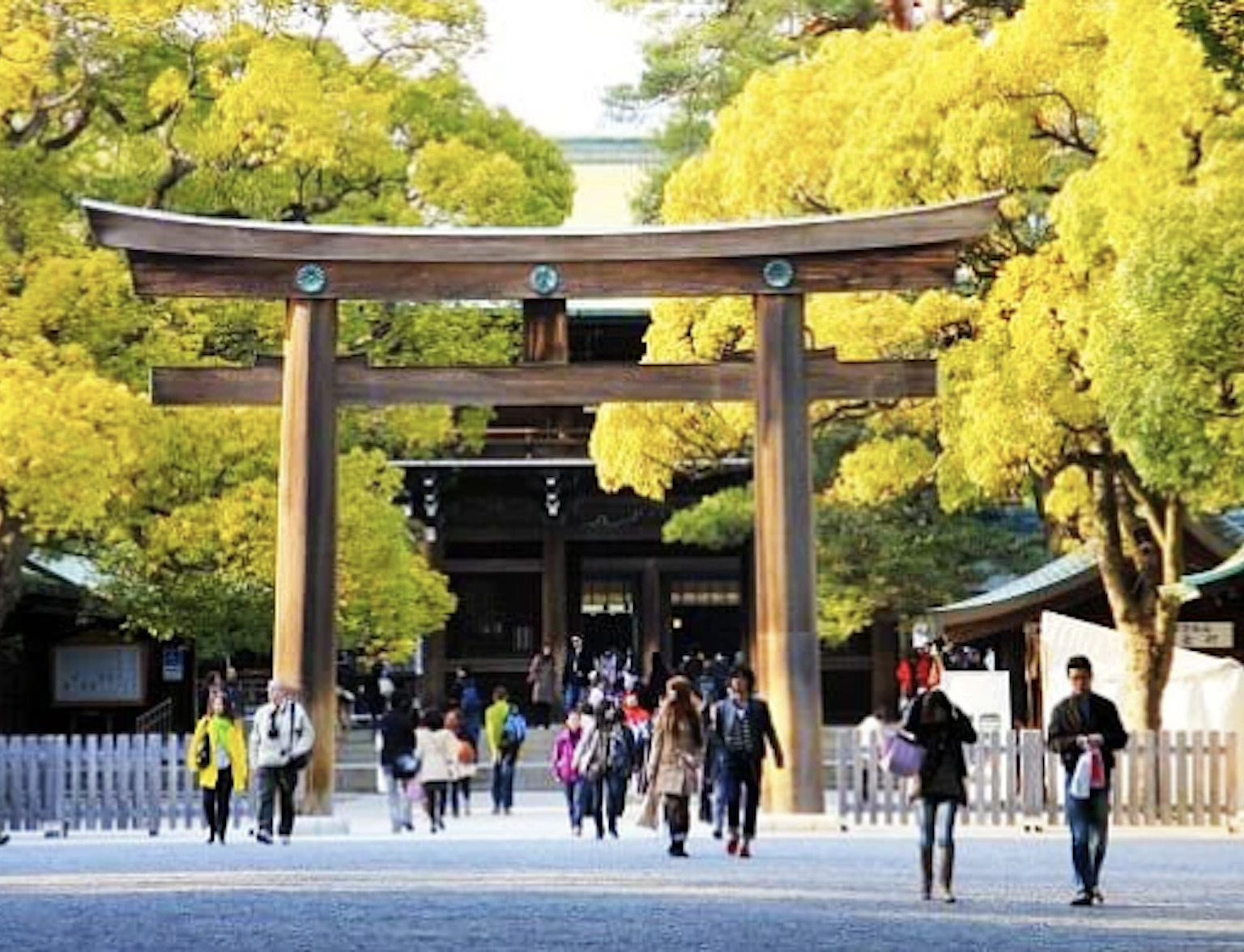
プライベートの半日ツアーで、これまでにない東京を体験してください。
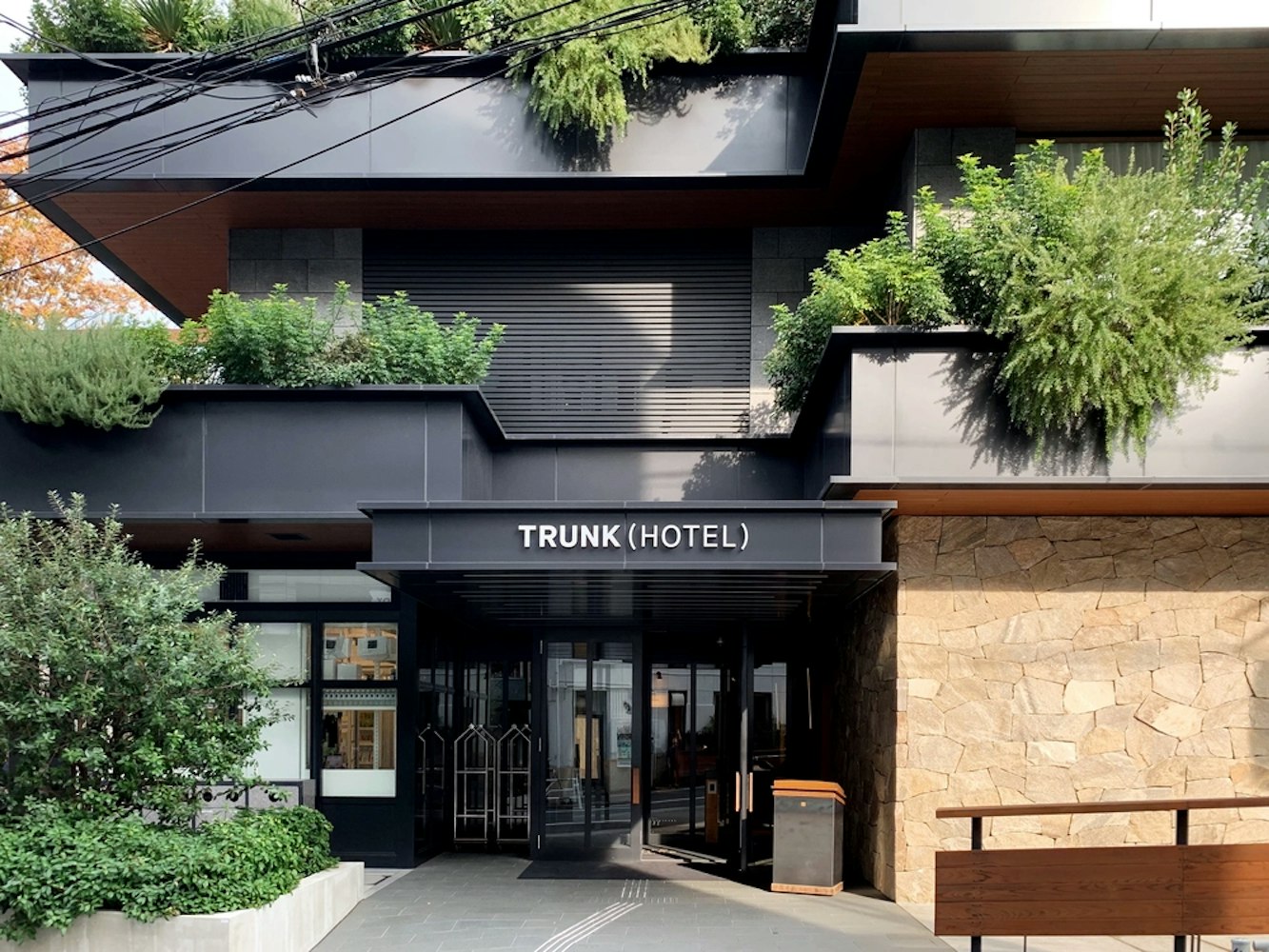
や地元の文化体験に容易にアクセスできる
持続可能性の特徴
:
再生可能エネルギー源の使用地元で生産された素材の重視
地域の持続可能性プロジェクトへの積極的な参加持続可能な特徴を選ぶ際に考慮すべきことホテルを選ぶ際には、さまざまな持続可能な特徴を考慮することが重要です。1. 再生可能エネルギー源
気候変動に立ち向かう urgency が高まる中、太陽光パネルのような再生可能エネルギー源への移行が加速しています。太陽光パネルは太陽光をさまざまな用途に必要な電力供給へと変換し、風力タービンは再生可能な選択肢として風力を利用します。これにより化石燃料への依存が減少。太陽光および風力に加えて、水力発電および地熱エネルギーなどの他の再生可能な資源が、持続可能性と効果を求める中で注目されています。
2. 地元および有機食材の提供
ホスピタリティ業界は、地元および有機の食材を提供することにますます焦点を当てており、近隣の農場から直接調達して、メニューの鮮度や品質を確保しながら、食受渡に関連するカーボンフットプリントを大幅に削減しています。
この地元調達により、エコフレンドリーな食材を使用した地域のユニークな特産品を含めることができ、ホテルに宿泊者体験を提供するだけでなく、地元農業をサポートし、有機農産物の使用を促進することができます。

多くのホテルは、包括的なリサイクルおよび堆肥化プログラムを導入しており、エコフレンドリーでコスト効率にも優れています。材料を再利用し、埋め立て廃棄物を削減することによって。
4. 水の節約技術
水を節約するために、ホテルは雨水収集を採用し始めています。これは、灌漑などの飲まない用途に使用するために雨水を収集し貯蔵することを含んでいます。また、洗面所やシャワーからの使用済みの水を飲むことのない応用のために処理するグレー水システムを実施しています。
日本のエコフレンドリーな宿泊施設:伝統と持続可能性の融合
エコフレンドリーな
宿泊施設
を選ぶことは持続可能な旅行や私たちの共通のフットプリントを減らすために重要です。日本は、伝統的な日本のデザインとLEDライトや再生可能エネルギー源などの現代の持続可能性の特徴を融合した多くのオプションを提供しています。
To save water, hotels are increasingly adopting rainwater harvesting, which involves collecting and storing rainwater for non-drinking uses like irrigation, as well as implementing greywater systems that treat used water from sinks and showers for non-drinking applications.
Other water-saving technologies like low-flow fixtures also reduce water usage, benefitting the environment and reducing hotel operational costs.
Choosing eco-friendly accommodations is crucial for sustainable travel and reducing our collective footprint. Japan offers many options that blend traditional Japanese design with modern sustainability features like LED lights and renewable energy sources.
These choices enrich our travel experience and contribute positively to local communities and the global environment. As you plan your next adventure, consider the impact of your choices on the world around you and opt for a greener, more conscious stay.
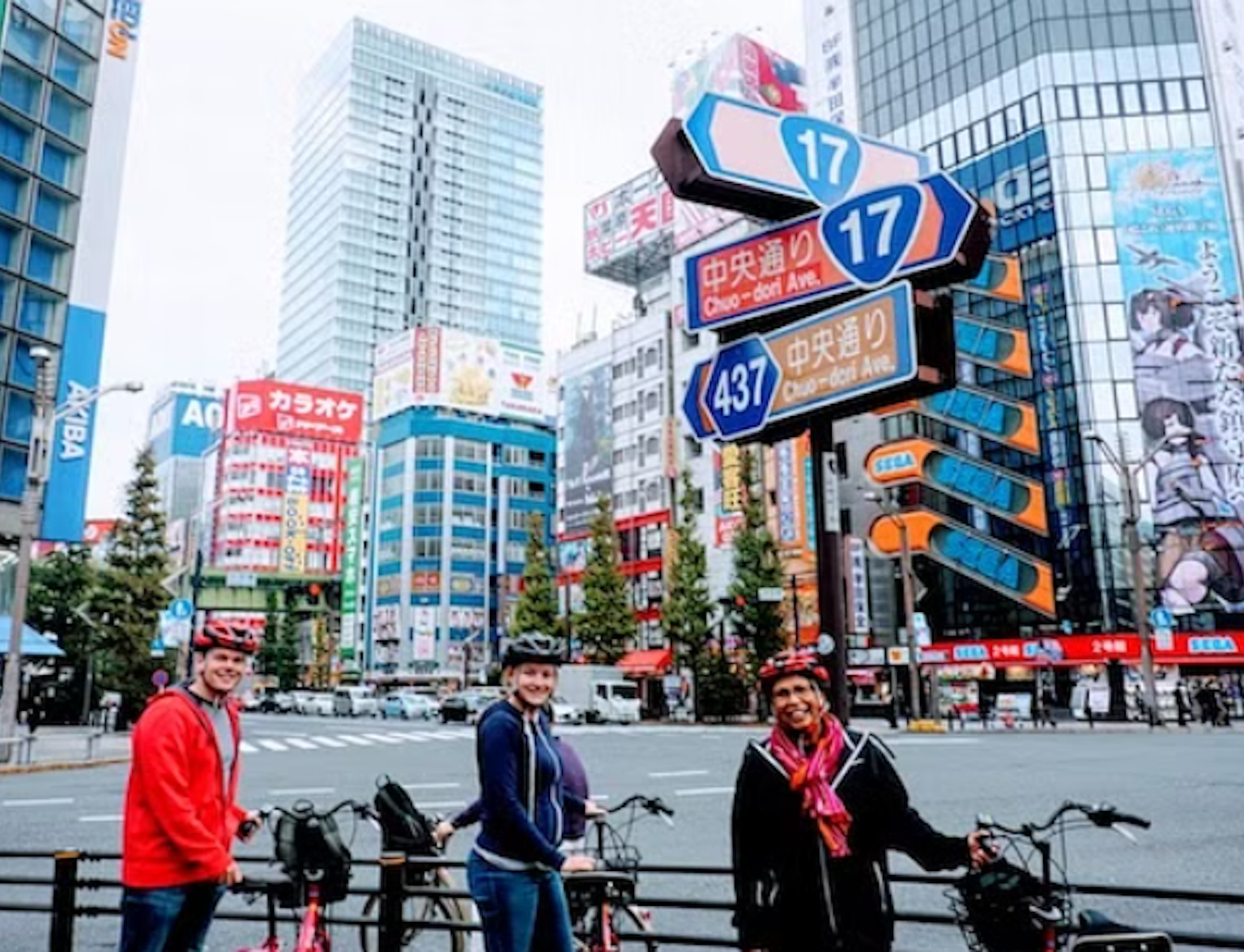
エコフレンドリーな方法で東京を探検してみませんか?



